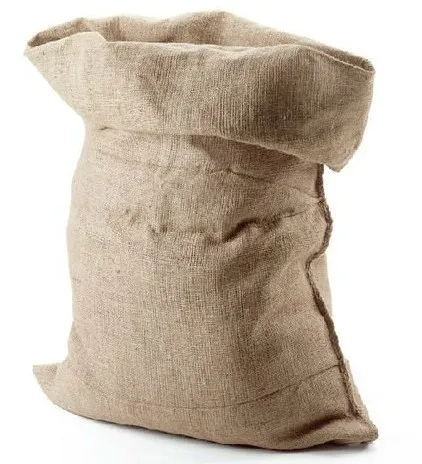Exploring Various Rubber Seal Suppliers and Their Unique Offerings for Different Applications
Different Types of Rubber Seals A Guide to Suppliers
Rubber seals play a crucial role in various industries, providing essential solutions for preventing leaks and ensuring the integrity of machinery and equipment. Among the myriad of sealing solutions available, rubber seals stand out due to their flexibility, durability, and resistance to a range of environmental factors, including chemicals, temperature variations, and abrasion. This article explores the different types of rubber seals and helps guide you in selecting reputable suppliers.
Understanding Rubber Seals
Rubber seals are designed to protect against the ingress of dirt, dust, and moisture while also preventing fluids from leaking out. They are often used in automotive applications, construction, manufacturing, and many other industries where reliability is paramount.
Common Types of Rubber Seals
1. O-Rings O-rings are circular seals that fit into a groove to create a seal at the interface of two parts. They are widely used in hydraulic and pneumatic systems, where they prevent fluid leaks. O-rings can be made from various rubber compounds, including Nitrile, EPDM, and Silicone, each catering to specific environmental conditions.
2. Gaskets Gaskets are flat seals used to fill the space between two or more surfaces to prevent the passage of liquids or gases. These seals can be made from various materials, including rubber, cork, and metal. Rubber gaskets are particularly useful in applications where flexibility and compressibility are required.
3. Lip Seals Also known as oil seals, lip seals consist of a flexible lip that molds itself against a shaft or housing to retain lubrication and exclude contaminants. They are commonly found in rotating machinery, automotive engines, and gearboxes, making them vital for maintaining operational efficiency.
4. U-Cups U-cup seals are designed for dynamic applications and provide effective sealing action under pressure, typically in hydraulic and pneumatic cylinders. They have a unique U-shaped design that allows for excellent sealing performance while accommodating movement.
5. Quad Seals Quad seals, often referred to as X-rings, are similar to O-rings but feature a more complex shape that provides a larger sealing area. They are particularly useful in applications with dynamic pressure changes and can reduce wear on the sealing surface.
different types of rubber seals supplier

6. Die-Cut Seals These seals are custom-produced to fit unique shapes and sizes, often used in specialized applications across various industries. Die-cut seals can be tailored to meet specific performance requirements, making them ideal for custom machinery and equipment.
Selecting a Reliable Rubber Seal Supplier
Choosing the right supplier for rubber seals is crucial for ensuring quality and reliability. Here are some key factors to consider when evaluating suppliers
- Experience and Expertise Look for suppliers with a strong track record and expertise in manufacturing rubber seals. Experienced suppliers are likely to have a better understanding of material properties and applications, ensuring that you receive appropriate guidance for your specific needs.
- Quality Assurance Ensure that the supplier adheres to industry standards for quality and safety. Suppliers should have rigorous quality control procedures in place and be willing to provide certifications for their products.
- Customization Options If your application requires specific sizes or materials, consider suppliers that offer custom sealing solutions. This flexibility can help you find the perfect match for your sealing requirements.
- Customer Service A reliable supplier should prioritize customer service, providing support throughout the purchasing process and addressing any concerns promptly. Suppliers that value customer relationships often offer better service and support.
- Competitive Pricing While quality should never be compromised, it’s essential to find suppliers that offer fair pricing. Comparing multiple suppliers can help you understand the market rate and make an informed decision.
Conclusion
Rubber seals are vital components in many industrial applications, offering durability and effective sealing capabilities across diverse environments. By understanding the different types of rubber seals and carefully selecting the right supplier, businesses can ensure the longevity and efficiency of their machines and systems. Whether you need O-rings, gaskets, or custom die-cut seals, collaborating with an experienced and reputable supplier can lead to successful outcomes in your projects.
Share
-
The Best Lubricants for Aluminum Roller GuidesNewsJul.23,2025
-
Slitting Machine Applications in the Packaging IndustryNewsJul.23,2025
-
Rolling Roller Balancing Techniques for Smooth OperationNewsJul.23,2025
-
How To Optimize An EV Battery Assembly LineNewsJul.23,2025
-
Energy Efficiency in Modern Battery Formation EquipmentNewsJul.23,2025
-
Automation Trends in Pouch Cell Assembly EquipmentNewsJul.23,2025







